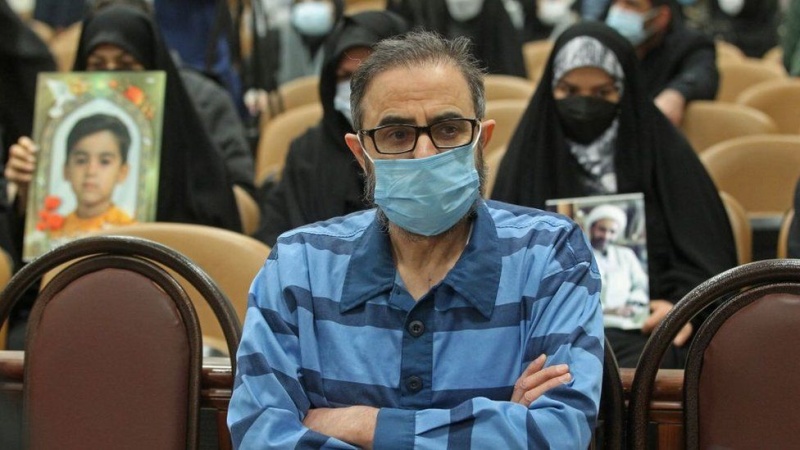DUBAI, UAE – Iran has executed Habib Chaab, a Swedish-Iranian man accused of orchestrating a deadly 2018 attack on a military parade in the city of Ahvaz, sparking condemnation from Sweden and international human rights groups.
Chaab was a founder of the separatist group Harakat al-Nidal, which calls for independence for ethnic Arabs in Iran’s south-western Khuzestan province. He had been living in exile in Sweden for a decade when Iranian agents abducted him in Turkey in 2020.
Sweden’s Foreign Minister Tobias Billstrom on Saturday, May 6, 2023, expressed disappointment over Iran’s decision to proceed with the execution, stating, “The death penalty is an inhuman and irreversible punishment, and Sweden, together with the rest of the EU, condemns its application under all circumstances.”
Iran’s judiciary accused Chaab of leading Harakat al-Nidal, also known as the Arab Struggle Movement for the Liberation of Ahvaz. Tehran has designated a terrorist group responsible for attacks in the south-west of the country.
The 2018 Ahvaz attack saw gunmen target Revolutionary Guard troops, killing 25 people, including soldiers and civilians.
Chaab’s arrest was shrouded in mystery, as Iranian officials have not provided details about how he was apprehended.
Reports suggest he was lured to Istanbul to meet a woman before being kidnapped and smuggled into Iran in an operation orchestrated by a notorious Turkey-based Iranian crime boss.
Once in Iran, state TV broadcast Chaab appearing to admit involvement in the 2018 attack. He was subsequently convicted of being “corrupt on earth,” a capital offense.
Prosecutors claimed Chaab had been involved in attacks since 2005 under the protection of Israel’s Mossad and Sweden’s Sapo spy agencies.
Iran has arrested dozens of Iranians with dual nationality or foreign permanent residency in recent years on spying and national security charges.
This year, Iran has executed or sentenced to death two other dual-nationals on security charges, including British-Iranian man Alireza Akbari and German-Iranian Jamshid Sharmahd.
Both executions were met with strong condemnations from their respective countries, with UK Prime Minister Rishi Sunak calling Akbari’s execution a “callous and cowardly act, carried out by a barbaric regime.”
Human rights group Amnesty International described Sharmahd’s trial as “grossly unfair” and claimed he had been tortured.
According to rights groups, Iran executes more people annually than any other country except China.







